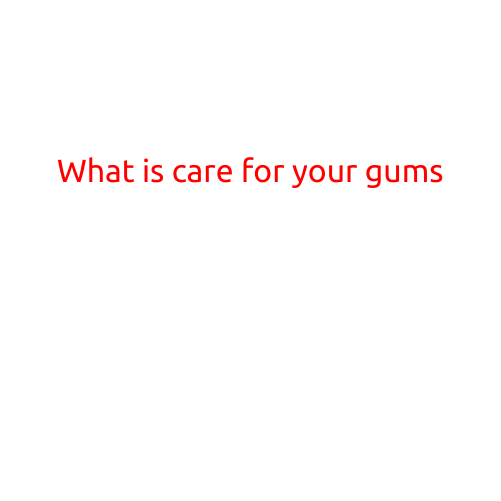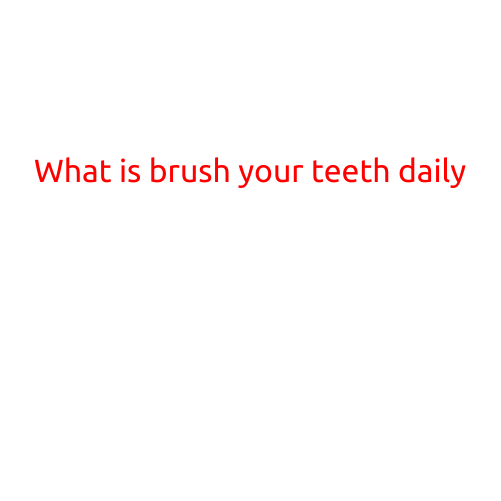
What is Care for Your Gums?
Taking care of your gums is essential for maintaining good oral health and preventing gum disease. Gum disease, also known as periodontal disease, is a common condition in which the gums and bone around the teeth become inflamed, leading to tooth loss and other serious health problems. In this article, we will explore what care for your gums entails, why it is important, and provide tips on how to keep your gums healthy.
What is Gum Disease?
Gum disease is a bacterial infection that affects the gums and bone around the teeth. It occurs when plaque, a sticky film of bacteria, builds up on the teeth and around the gum line. If not removed, plaque can harden into tartar, which can lead to gum inflammation, redness, and swelling. If left untreated, gum disease can cause severe damage to the gum tissue and bone, leading to tooth loss.
Why is Gum Care Important?
Gum care is important for several reasons:
- Prevents Gum Disease: Regular brushing and flossing help remove plaque and tartar, preventing gum disease from developing.
- Prevents Tooth Loss: Gum disease can lead to tooth loss if left untreated. Taking care of your gums helps prevent tooth loss and maintain a healthy smile.
- Reduces Risk of Systemic Diseases: Research has linked gum disease to an increased risk of systemic diseases, such as heart disease, diabetes, and Alzheimer’s disease. Taking care of your gums helps reduce this risk.
- Improves Overall Health: Good oral health, including gum care, is linked to overall health and well-being.
How to Care for Your Gums
Taking care of your gums is easy and requires consistent effort. Here are some tips:
- Brush Regularly: Brush your teeth at least twice a day with a fluoride toothpaste and soft-bristled brush. Pay special attention to the gum line and get into the small spaces between teeth.
- Floss Daily: Flossing helps remove plaque and tartar from between the teeth and beneath the gum line. Use a long piece of floss and gently slide it between the teeth, curving it around the edge of each tooth.
- Use a Mouthwash: Mouthwash can help kill bacteria and reduce inflammation. Look for a mouthwash that contains fluoride and antimicrobial agents.
- Visit Your Dentist Regularly: Regular dental check-ups help identify gum disease early on, making it easier to treat. Your dentist can also provide personalized advice on how to care for your gums.
- Chew Sugar-Free Gum: Chewing sugar-free gum can stimulate saliva production, which helps neutralize acids and reduce gum inflammation.
- Avoid Smoking: Smoking is a significant risk factor for gum disease. Quitting smoking can help reduce your risk of developing gum disease.
- Eat a Balanced Diet: A diet rich in fruits, vegetables, and whole grains can help support oral health and reduce inflammation.
Conclusion
Taking care of your gums is essential for maintaining good oral health and preventing gum disease. By following these simple tips, you can keep your gums healthy and reduce your risk of tooth loss and systemic diseases. Remember to brush regularly, floss daily, use a mouthwash, visit your dentist regularly, and make healthy lifestyle choices to keep your gums healthy.





